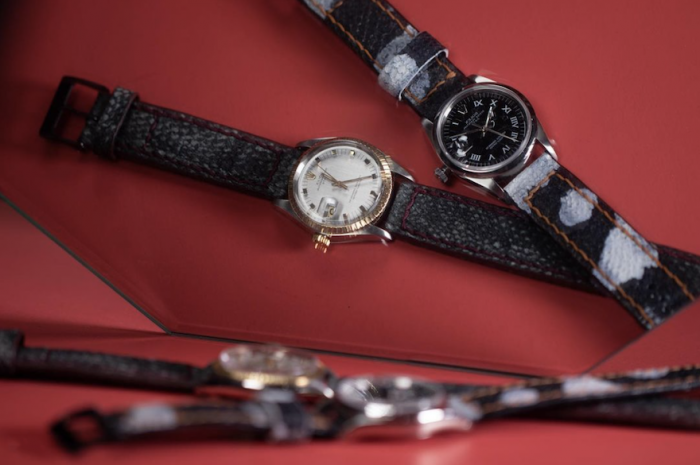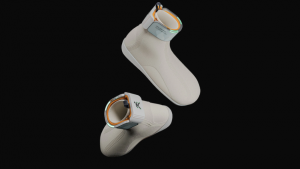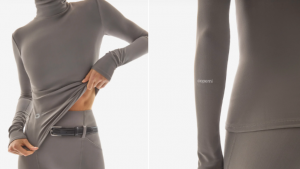Invasive species are often considered a nuisance and removed to protect native populations. But one team of entrepreneurs is taking a sustainable approach by turning fish hide into fashion items. Aarav Chavda and his company, Inversa Leathers, are using lionfish, which have devastated Florida's native tropical fish population, to create a new product: fish leather. The fish skin is thin but very strong due to its transverse fibre structure.
"We don't use the term artificial leather to describe our material because it really is truly leather. Instead, we categorise our leather as an exotic alternative leather," Chavda says.
After the fish are caught, their skins are processed into leather. To do this, they are tanned with drying agents and dyed. The leather is then sold to partner companies, which process it into high-quality products such as belts, bags and wallets.
Sustainable "leathers" are currently made from various materials, including bamboo, mushrooms and even apples. Fish leather, however, has emerged as a particularly attractive option. In this case, the leather is made from lionfish, which are intentionally removed from the environment rather than discarded as a by-product.
Inversa Leathers was founded two years ago by childhood friends Chavda and Roland Salatino. Their goal is to rid the world's oceans of lionfish – each hide saves up to 70 000 native reef fish whose habitat is being decimated by this invasive species, which accidentally entered the waters from recreational aquariums.
Inversa has built a complex supply chain that sources fish from individual fishers and fishing cooperatives throughout Florida, as well as in Mexico and the Caribbean islands.
When Inversa and P448 collaborated to design a line of trainers made from recycled materials, the result was so good that P448 decided to incorporate lionfish leather into its new collection. The Italian label uses upcycled suede and biomass-based vegan leather for its new collection, but the fish leather was added as a trim for a special sneaker.
Chavda says part of its unique business model is ensuring the fish does not go to waste. Lionfish are known for their tender, buttery texture that is perfect for absorbing flavours. Inversa's sister brand, Salatino Seafood, sells the fillets to utilise the whole fish.
Read more:
Tanning leather from pineapples.
Using cactus leaves as a substitute for leather.
Using old leather in new ways.
Credits: Inversa











